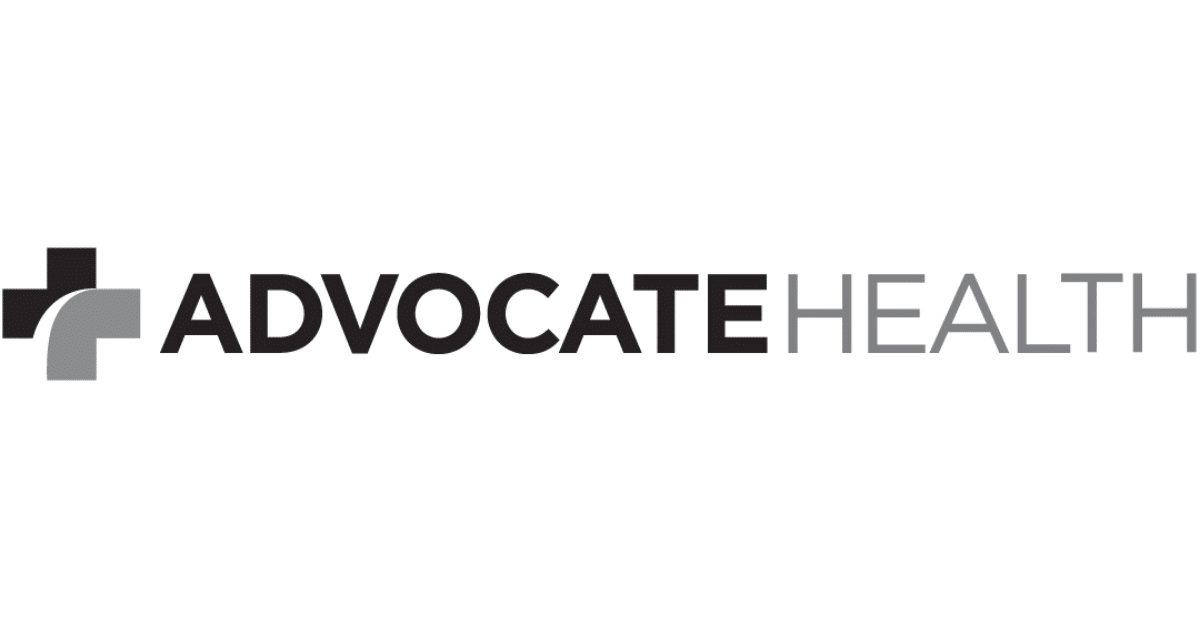Charlotte has accomplished a first-time feat, landing among the top 10 in a highly regarded ranking that measures U.S. metro areas on economic performance.
Charlotte cracks that list, put together by California-based nonprofit think tank the Milken Institute, at No. 10 — up 10 spots from No. 20 last year. It marks the first year since the Milken Institute began tracking the rankings in 2012 that Charlotte appears in the top 10, Maggie Switek, senior director of the nonprofit’s research department and co-author of the report, told the Charlotte Business Journal via email.
“The Charlotte-Concord-Gastonia metro area’s climb in the rankings is largely due to its rapid growth in wages, which has been partially driven by the rebound of Charlotte’s leisure and hospitality industry along with a steady and continued expansion of its high-tech sector,” Switek said. “Between 2017 and 2022, workers in the Charlotte metro area experienced a 45% increase in wages, with a 13% wage growth just during 2022.
“Overall, Charlotte has a vibrant and well-diversified economy, with strong and growing financial activities and professional and business services sectors.”
The Milken Institute released its Best-Performing Cities 2024: Focus on Sustainable Growth and Resilience report (this week). It has published those reports every year since 1999. The index strives to demonstrate how effective cities are at both promoting economic growth and remaining attractive to residents and businesses. It’s meant to offer simple yet comprehensive insights for businesses, policymakers and government officials to track the economic vitality of their city.
In 2024, two new metrics have been added. Those focus on community resilience in recovering from natural or economic disasters as well as income inequality.
A total of 13 metrics used to determine the rankings are divided into three categories: labor market performance, high-tech impact and access to economic opportunities. Most of the data used in the report is from 2022.
There are more than 400 metros included in the rankings and split almost evenly into two categories based on size: large and small. Top-performing markets are considered Tier 1 cities, with bottom-performing cities in Tier 5.
Six of the 10 top-performing large cities are in the South, led by Austin, Texas, at No. 1 and Raleigh at No. 2.
Elsewhere in the Carolinas, Myrtle Beach ranks at No. 19, with Wilmington at No. 21; Durham-Chapel Hill at No. 36; Greenville, South Carolina, at No. 38; Asheville at No. 61; Winston-Salem tied at No. 86; Hickory at No. 115; Spartanburg at No. 124; Greensboro-High Point at No. 164; and Fayetteville at No. 180.
How Charlotte made its big jump
Charlotte has consistently performed in the top half of large metros, propelled to the top 10 this year due to its recent job and wage growth.
Charlotte placed at No. 31 in 2022 and at No. 26 in 2021. In 2015, the local metro made a 10-spot jump to No. 13.
The Charlotte area’s population growth of 3.7% since 2019 outpaces the 0.9% increase for all metro areas. Its consistent wage growth, coupled with relatively affordable housing, gives it a competitive advantage over pricy tech hubs, the report states.
You can take a closer look at how Charlotte performed in each metric in the Charlotte Business Journal.
Charlotte Regional Business Alliance senior leaders told Queen City News the ranking is a well-deserved honor for the region.
“North Carolina is the number one state for doing business two years in a row,” CLT Alliance President and CEO Janet LaBar said. “We have seen a much more diversified economy in addition to the job growth, the wage growth, and the population growth. You know, it’s just momentum.”
Copyright: Charlotte Business Journal and CLT Alliance


